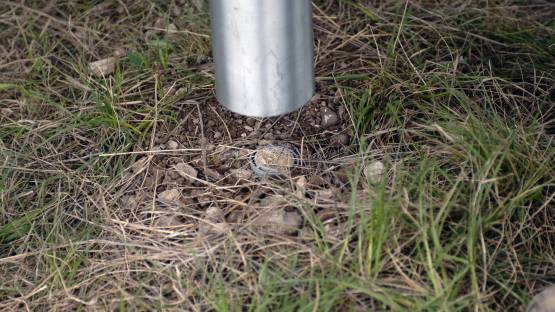Many of the small island nations of the Caribbean are new to the use of radioactive sources. To make sure they can reap the benefits of nuclear technologies in medicine, industry, agriculture and research, they need to do it safely and securely. This is what an IAEA project, launched for the region last month, is setting out to help them do.
The Regulatory Infrastructure Development Project (RIDP), focusing on the Caribbean, kicked off on 11 April with a four-day workshop in Vienna, with some participants joining online. It aims to establish or enhance national regulatory infrastructure for radiation safety and for the security of radioactive material. Government officials from fourteen countries in the region, all at different stages in the development of their nuclear regulatory infrastructure, had the opportunity to hold bilateral sessions with IAEA experts to assess their needs.
“We are taking the use of nuclear technology to the next level, and it is important for us to enhance our regulatory infrastructure as we move forward,” said Maxine Russell, Director General of the Hazardous Substances Regulatory Authority of Jamaica. As one of the countries with the most developed regulatory infrastructure in the region, Jamaica is supporting its neighbours under what is known as South-South cooperation. “With the knowledge gained, we aim to continue sharing best practices with other experts in the region.”
Participants included experts from Antigua and Barbuda, Bahamas, Barbados, Belize, Dominica, Grenada, Guyana, Jamaica, Saint Vincent and the Grenadines, and as well as Saint Kitts and Nevis, and Suriname, which are not IAEA Member States.






